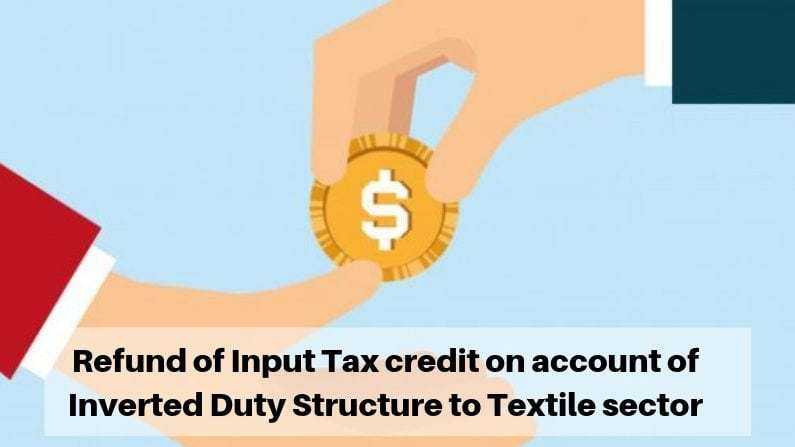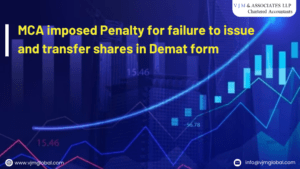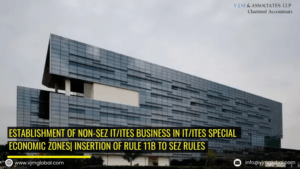Clarification has been brought with respect to provision ITC refund to textile sector and for lapsing of input tax credit accumulated on account of inverted duty structure on fabric for period upto 31st July 2018 as per notification no- 20/2018 dt. 26th July 2018.
Following clarification has been provided in circular 56/2018 dated 24th August 2018
- In terms of amendment notification, the input tax credit only on account of inverted duty structure lying in the balance after payment of GST for the month of July (on purchase made on or before the 31st July 2018) shall lapse.
- Determination of ITC amount to be lapse shall be as per formula is given u/s 89(5) of CGST rules. Such amount shall be determined for the months from July 2017 till July 2018.
- Stock as on 31st July 2018: In case a manufacturer, whose accumulated ITC is liable to lapse in terms of said notification, has certain stock lying in balance as on 31st July 2018, the Input tax credit involved in inputs contained in such stock (including inputs lying as such) may be excluded for determination of net ITC for the purpose of applying the said formula.
- No effect will on balance ITC availed on Input services and capital goods. i.e. Such ITC shall not lapse.
- The Reversal in GSTR-3B: This amount shall, upon self-assessment, be furnished by such person in his GSTR-3B return for the month of August 2018. The amount shall be furnished in column 4B(2) of the return. Verification of accumulated ITC amount so lapsed may be done at the time of filing of the first refund by such person. Therefore detailed calculation sheet in respect of accumulated ITC lapsed shall be prepared by the taxable person and furnished at the time of filing of first refund claim on account of inverted duty structure.
Refund of all unutilised ITC on Inputs – Refund under Inverted duty structure






